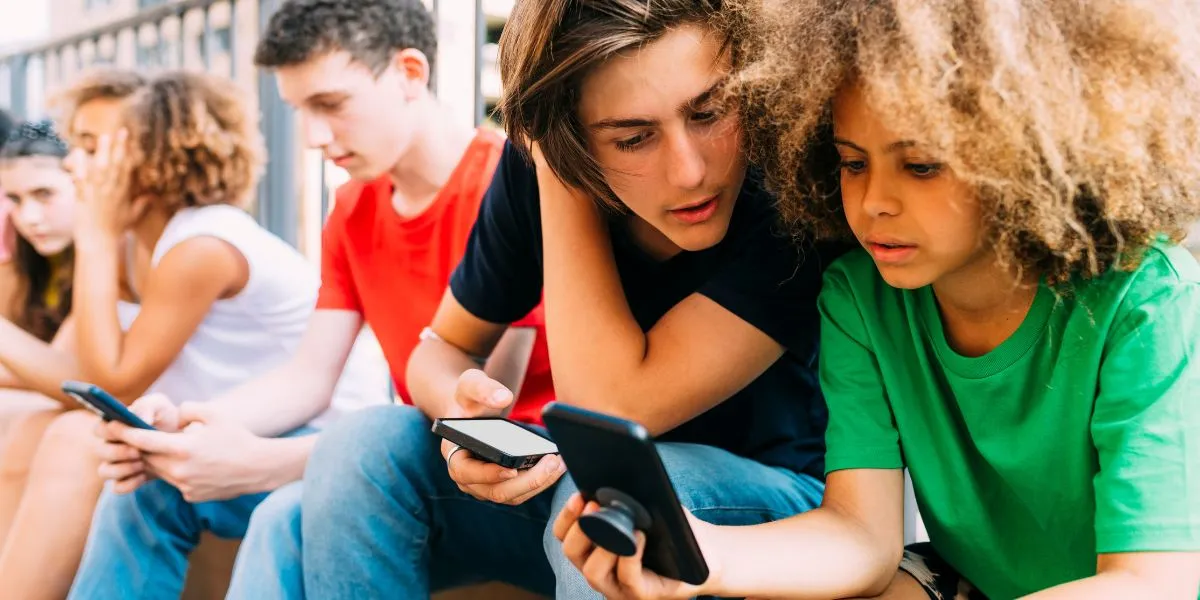In an era where digital landscapes are continually reshaping the way we live, Florida’s recent legislative move to ban social media usage for children has ignited a fervent debate across the nation. This bold initiative, while sparking controversy, raises pivotal questions about the role of digital platforms in the lives of the younger generation. Let’s delve into the nuances of this policy, exploring its potential ramifications and pondering whether such a precedent could inspire similar actions in other jurisdictions. Media Ban for Children
A Groundbreaking Approach Media Ban for Children
To start off, Florida’s decision to potentially ban social media for children marks a groundbreaking approach to digital wellness and child safety. In an age where the internet is woven into the fabric of daily life, this move underscores a growing concern over the impacts of social media on mental health, development, and privacy. By taking such a decisive stance, Florida is not just implementing a policy but is also catalyzing a much-needed conversation about the balance between connectivity and well-being.
Unpacking the Implications
Furthermore, the implications of this ban extend far beyond the borders of the Sunshine State. It challenges tech giants, policymakers, parents, and educators to reevaluate the digital environment we are cultivating for our youth. The potential benefits, such as enhanced focus on education and real-life interactions, stand in contrast to concerns over freedom of expression and access to information. This dichotomy highlights the complex interplay between protecting children and ensuring their right to digital participation.
The Ripple Effect
Moreover, the initiative taken by Florida could indeed create a ripple effect, encouraging other states or countries to consider similar measures. The digital age necessitates innovative approaches to safeguarding younger populations, and Florida’s move could serve as a case study for the effectiveness of such interventions. As debates unfold and data on the impact of this ban emerge, it will be fascinating to see how other jurisdictions respond to this evolving challenge.
Navigating Challenges
Additionally, implementing a social media ban for children is fraught with challenges, from enforcement to the potential for unintended consequences. The digital landscape is notoriously difficult to regulate, and ensuring compliance without infringing on privacy or autonomy presents a delicate balancing act. These challenges underscore the importance of a multifaceted approach that includes education, parental guidance, and the development of safer online spaces.
Looking Ahead
In conclusion, whether Florida’s social media ban for children will take hold elsewhere remains to be seen. However, the policy undeniably serves as a catalyst for broader discussions about the digital age’s impact on younger generations. As we navigate these uncharted waters, the dialogue spurred by Florida’s initiative is invaluable in shaping the future of digital wellness and online safety for children. Media Ban for Children
Inspired by Al-Jazeera and read more Articles Here. Read Previous Blog Also.
